In this passage, the Preacher of Ecclesiastes shares more of what he has seen in his life: righteous men dying young and foolish men living long and prospering, the lengths that wisdom can take you and where it stops, and that we aren’t any better than our first parents, Adam and Eve. The problem of sin has plagued us all, including the Preacher, all but one, Jesus.
REFLECTION QUESTIONS
THINKING: QUESTIONS AIMED AT OUR MINDS TO HELP US UNDERSTAND GOD’S WORD.
Within the Old Testament, being righteous refers not only to ethical or moral behavior, but also to being “right” or “just” in one’s cause. What examples can you find of this in the Old Testament, especially in the Pentateuch (the first 5 books of the Bible)? What does the Preacher mean by exhorting us to “be not overly righteous” (7:16), and to “be not overly wicked” (v. 17)?
In Ecclesiastes 7:29 the Preacher says, “See, this alone I found, that God made man upright, but they have sought out many schemes.” What does this mean? Provide some examples.
FEELING: QUESTIONS AIMED AT OUR AFFECTIONS TO HELP US LOVE GOD
Does verse 20 remind you of any other verses in the Bible? (hint: Ps 14:3, Ps. 53:3, Romans 3:11) This is the bad news. What is the good news (the gospel)?
In 7:25–29, the Preacher is unable to “find” (i.e., figure out or understand) human beings. What is his conclusion about humans? What does the Preacher offer as the cause or heart of the problem? To what important doctrine do verses 20, 25–29 point?
DOING: QUESTIONS AIMED AT OUR HANDS TO HELP US LIVE FOR GOD (PERSONALLY, COMMUNALLY, AND MISSIONALLY)
Are there areas of your life where you are trusting wisdom to carry you to success? Has that strategy ever let you down? How are we called to live as Christians?
Some questions adapted from Knowing The Bible - Ecclesiastes


